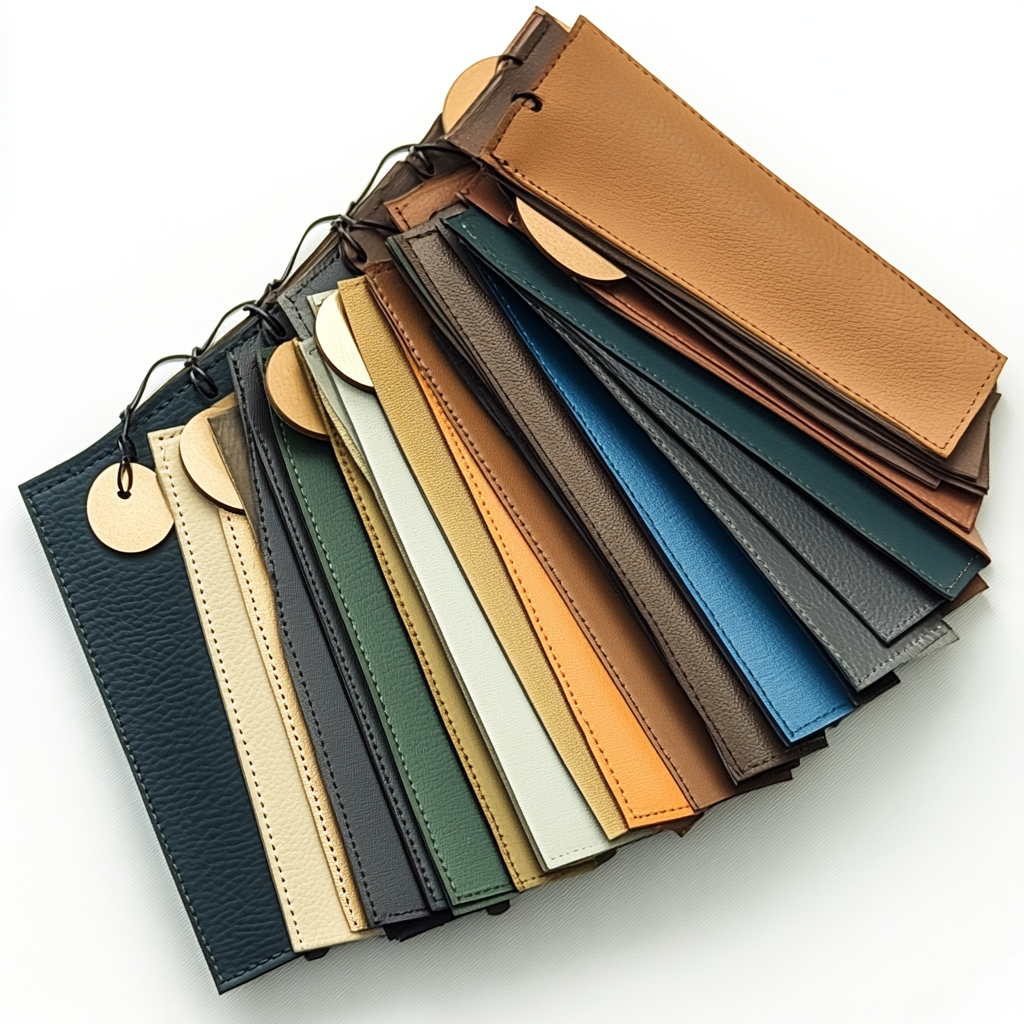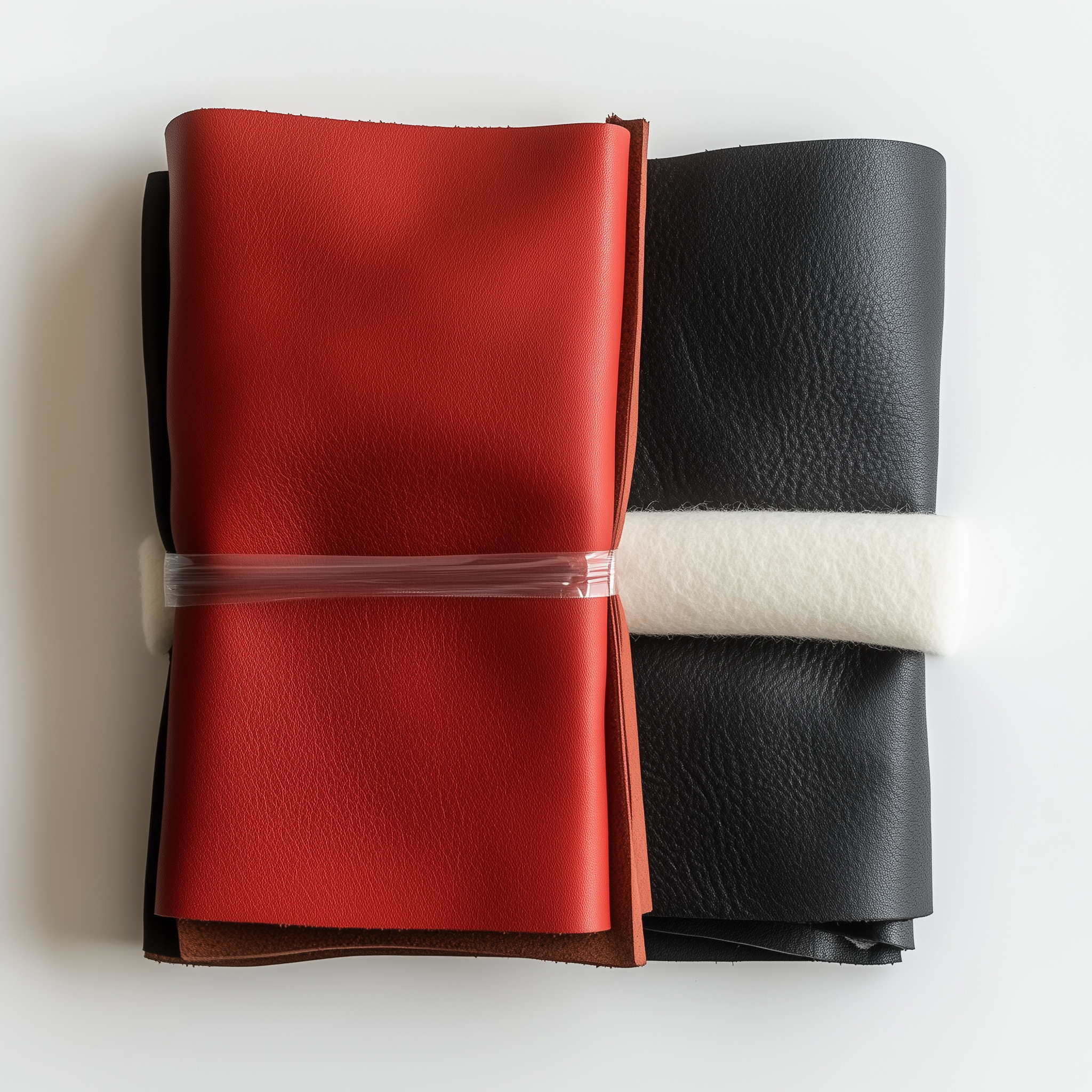Vegan Leather vs Cow Leather: Which Lasts Longer?
When deciding between vegan leather and cow leather, you might ask, "What is the difference between vegan leather and cow leather?" Durability is a key factor in this decision. Cow leather, renowned for its longevity, can last up to 15 years with proper care. In contrast, vegan leather often lacks the same level of durability and may exhibit signs of wear more quickly. Understanding these differences helps you make an informed choice based on your needs and values.
What is the difference between vegan leather and cow leather?

Composition and Types
Vegan Leather: Synthetic and Plant-Based
Vegan leather, also known as faux leather or pleather, is a material designed to mimic the appearance and texture of real leather. It is crafted from non-animal sources, making it an ethical choice for those who avoid animal products. You will find two main types of vegan leather: synthetic and plant-based.
-
Synthetic Vegan Leather: This type often uses materials like polyurethane (PU) or polyvinyl chloride (PVC). These plastics are engineered to replicate the look and feel of traditional leather. They offer a smooth finish and are widely used in fashion and accessories.
-
Plant-Based Vegan Leather: This innovative option incorporates organic materials such as pineapple leaves, coconut husks, or even fungi. Plant-based vegan leather provides an eco-friendly alternative, as it is often biodegradable and recyclable. It supports sustainable development goals by reducing environmental impact.
Cow Leather: Full-Grain and Top-Grain
Cow leather, derived from animal hides, is renowned for its durability and unique texture. You will encounter two primary types of cow leather: full-grain and top-grain.
-
Full-Grain Leather: This type retains the entire grain layer, including imperfections and natural marks. Full-grain leather is the most durable and develops a rich patina over time, enhancing its aesthetic appeal.
-
Top-Grain Leather: This type undergoes sanding to remove imperfections, resulting in a smoother surface. While not as robust as full-grain, top-grain leather still offers excellent durability and a refined appearance.
Factors Affecting Durability
Vegan Leather: Manufacturing Quality and Environmental Conditions
The durability of vegan leather largely depends on manufacturing quality and environmental conditions. High-quality production processes can enhance the lifespan of synthetic vegan leather, making it more resistant to wear and tear. However, exposure to extreme temperatures or humidity can cause it to peel or crack over time.
Plant-based vegan leather, while eco-friendly, may also face challenges in durability. Its longevity can vary based on the specific materials used and the conditions it is exposed to.
Cow Leather: Tanning Process and Maintenance
Cow leather's durability is influenced by the tanning process and maintenance practices. The tanning process stabilizes the hide, making it resistant to decomposition and enhancing its strength. Proper care, such as regular cleaning and conditioning, can significantly extend the life of cow leather products.
Neglecting maintenance may lead to drying and cracking, reducing the leather's lifespan. However, with appropriate care, cow leather can last for decades, making it a long-term investment.
Comparative Analysis of Durability

When considering the durability of vegan leather versus cow leather, you must weigh the pros and cons of each material. Understanding what is the difference between vegan leather and cow leather can guide your decision.
Pros and Cons of Vegan Leather
Environmental Impact and Maintenance Requirements
Vegan leather offers several advantages, particularly from an environmental perspective. It is often made from synthetic materials like polyurethane (PU) or polyvinyl chloride (PVC), which require fewer resources to produce compared to traditional leather. This makes vegan leather a more sustainable choice. However, these materials are plastic-based and do not biodegrade, which can contribute to environmental waste over time.
In terms of maintenance, vegan leather requires less upkeep than cow leather. You can easily clean it with a damp cloth, and it does not need conditioning. However, vegan leather tends to be less durable in the long term. It may show signs of wear, such as peeling or cracking, after a few years of use. This can lead to more frequent replacements, which might offset its initial environmental benefits.
Pros and Cons of Cow Leather
Longevity, Wear, and Environmental Considerations
Cow leather stands out for its exceptional durability. When properly cared for, it can last for decades, making it a long-term investment. This longevity reduces waste, as you won't need to replace cow leather products as frequently as vegan leather ones. The tanning process enhances cow leather's strength, allowing it to withstand wear and tear better than its synthetic counterpart.
However, cow leather does have environmental drawbacks. The production process involves animal hides, which raises ethical concerns for some consumers. Additionally, the tanning process can be resource-intensive and may involve chemicals that impact the environment.
In summary, when deciding between these materials, consider what is the difference between vegan leather and cow leather in terms of durability, environmental impact, and maintenance. Your choice will depend on your values and how you prioritize these factors.
In your quest to understand what is the difference between vegan leather and cow leather, consider their durability and environmental impact. Cow leather offers unmatched longevity, lasting decades with proper care. Vegan leather, however, provides an ethical and often more affordable alternative. It appeals to socially responsible consumers seeking sustainable options. As vegan leather quality improves, it becomes a strong competitor in the market. Your choice should align with your values and needs, balancing durability with ethical considerations. Whether you prioritize long-term investment or sustainability, both materials offer unique benefits.









